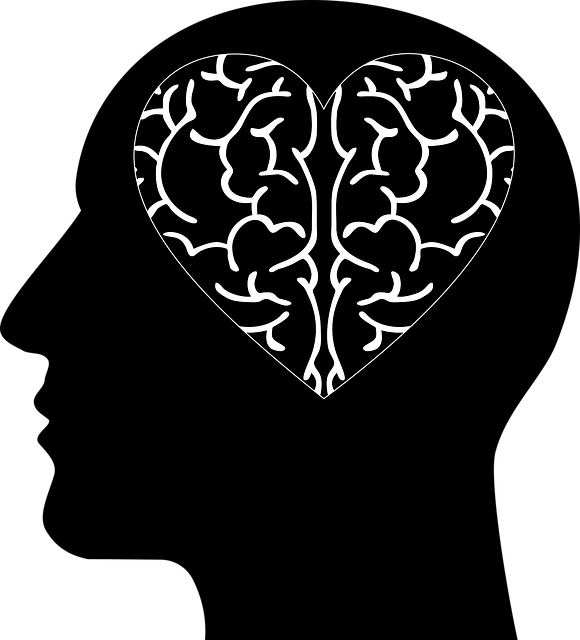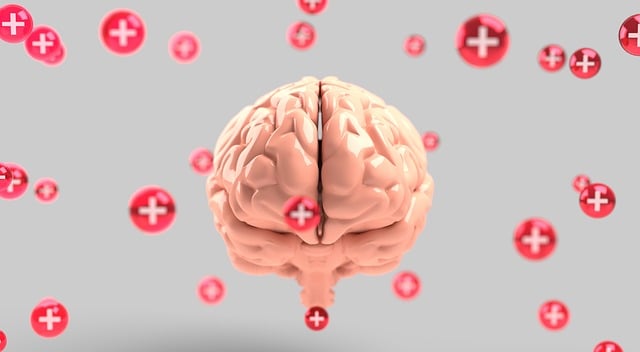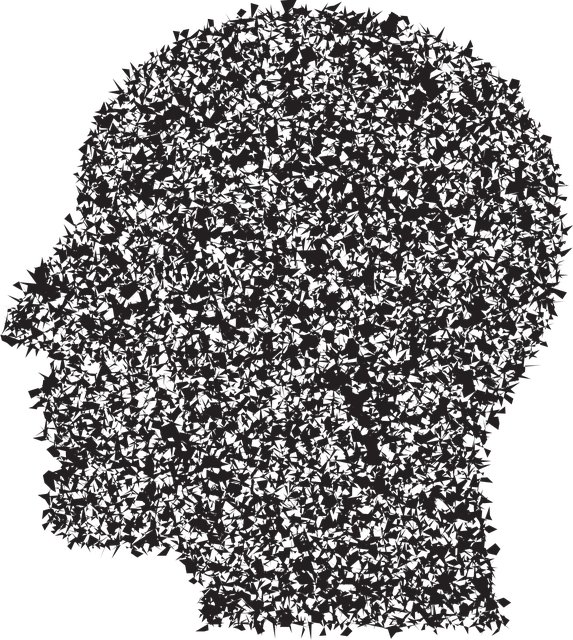Aurora Gender Identity Therapy provides a holistic approach to mental wellness coaching, focusing on the connection between gender identity and psychological well-being. By building inner strength and positive thinking patterns through tailored sessions and safe space exploration, clients overcome gender dysphoria, achieve self-acceptance, and integrate socially. This program emphasizes cultural sensitivity, empathy building, active listening, and validation of client experiences to create trusting relationships. Using comprehensive assessment, goal-setting exercises, and validated metrics for continuous improvement, Aurora Model for Mental Wellness Coaching offers a structured path to optimal participant outcomes.
“Unveiling innovative approaches to mental wellness, this article explores the development of coaching programs inspired by Aurora Gender Identity Therapy. We delve into a structured framework that empowers coaches to support individuals navigating complex emotional journeys.
Through ‘Designing Effective Coaching Programs’, we uncover crucial components and strategies, offering a roadmap for creating impactful interventions. Additionally, ‘Implementing and Evaluating the Aurora Model’ provides practical steps and metrics to ensure success and measure progress. Embrace this transformative approach, built upon the foundational principles of Aurora Gender Identity Therapy.”
- Understanding Aurora Gender Identity Therapy: A Framework for Mental Wellness Coaching
- Designing Effective Coaching Programs: Key Components and Strategies
- Implementing and Evaluating the Aurora Model: Practical Steps and Metrics
Understanding Aurora Gender Identity Therapy: A Framework for Mental Wellness Coaching

Aurora Gender Identity Therapy offers a unique framework for mental wellness coaching by addressing the complex interplay between gender identity and mental health. This approach recognizes that an individual’s psychological well-being is intricately linked to their sense of self, particularly in the realm of gender expression. By fostering understanding and acceptance of one’s gender identity, Aurora Therapy enables clients to build inner strength and cultivate positive thinking patterns.
The program delves into the impact of societal norms and stereotypes on mental health awareness, providing a safe space for individuals to explore and embrace their authentic selves. Through tailored coaching sessions, clients gain valuable tools to navigate challenges related to gender dysphoria, self-acceptance, and social integration. This holistic approach not only empowers individuals but also contributes to a broader understanding of mental wellness, emphasizing the significance of inner strength development in fostering resilience and overall well-being.
Designing Effective Coaching Programs: Key Components and Strategies

When designing effective coaching programs for mental wellness, especially considering diverse populations like those engaging in Aurora Gender Identity Therapy, several key components stand out. Firstly, Cultural Sensitivity in Mental Healthcare Practice is paramount. Coaches must be trained to navigate and respect the unique cultural backgrounds, beliefs, and values of their clients. This involves understanding implicit biases and incorporating inclusive practices that foster trust and open communication.
Secondly, Empathy Building Strategies are crucial for establishing strong coaching alliances. Coaches should develop active listening skills, validate client experiences, and demonstrate genuine concern. Through these techniques, coaches can create a safe space where individuals feel understood and empowered to explore their mental wellness journeys. Additionally, integrating content from the Mental Wellness Podcast Series Production can offer valuable insights and strategies that cater to diverse audiences, enhancing the reach and impact of coaching programs.
Implementing and Evaluating the Aurora Model: Practical Steps and Metrics

Implementing the Aurora Model for Mental Wellness Coaching involves a structured approach tailored to individual needs. The process begins with assessment and goal-setting, using tools like Self-Awareness Exercises to understand clients’ unique challenges and aspirations. This initial phase is crucial for tailoring coaching interventions effectively.
Evaluation metrics are an integral part of the Aurora Model’s success. Key performance indicators (KPIs) include tracking client satisfaction through regular feedback surveys, measuring progress against defined goals, and assessing improvements in mental health symptoms using validated scales. These Metrics enable continuous improvement, refining Empathy Building Strategies within the program to ensure optimal outcomes for all participants.
The development of mental wellness coaching programs, particularly those inspired by the Aurora Gender Identity Therapy framework, offers a promising approach to enhancing individual well-being. By integrating key components like self-awareness, goal setting, and evidence-based strategies, coaches can create tailored interventions that support clients on their journeys. The practical steps and evaluation metrics outlined in this article provide a solid foundation for implementing the Aurora model effectively. As we continue to navigate complex mental health landscapes, these programs have the potential to revolutionize support systems, fostering greater resilience and improved quality of life for all individuals seeking guidance.











